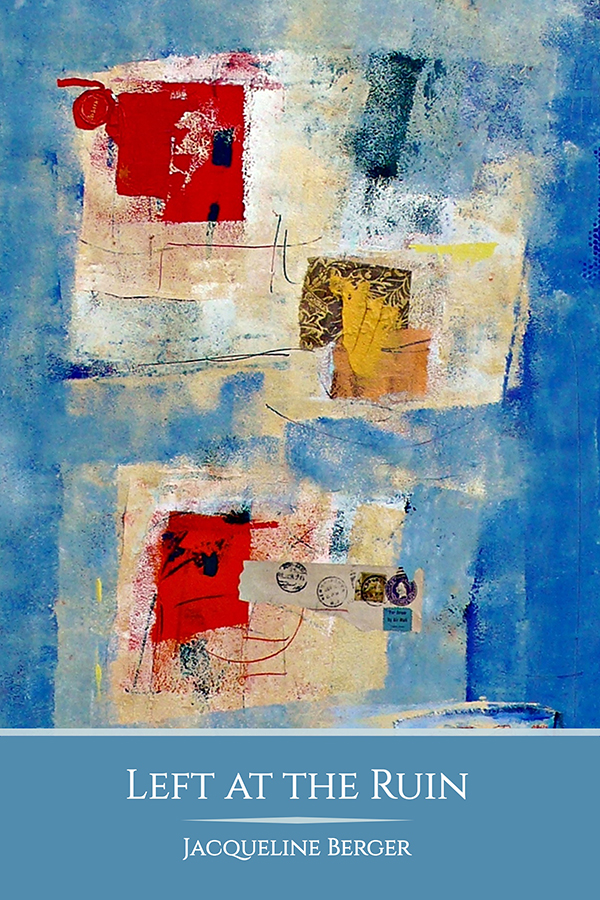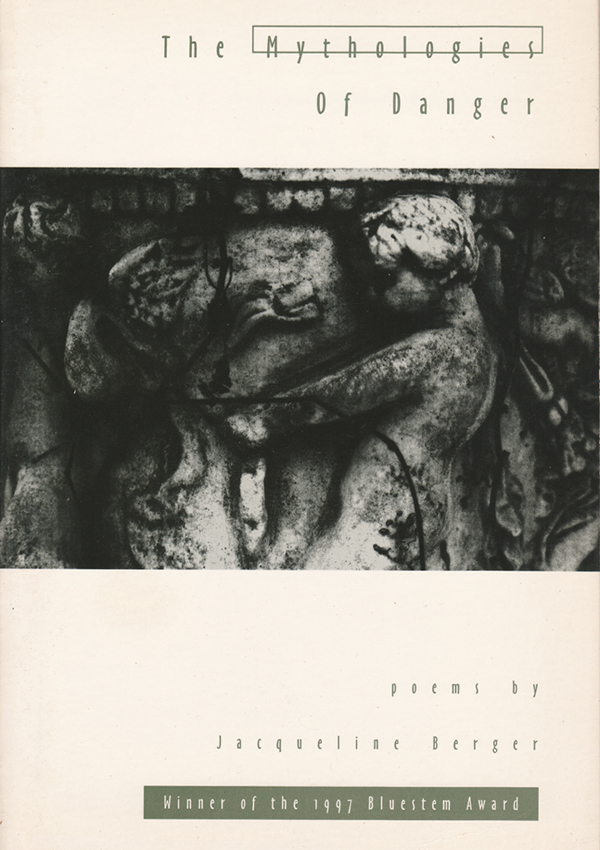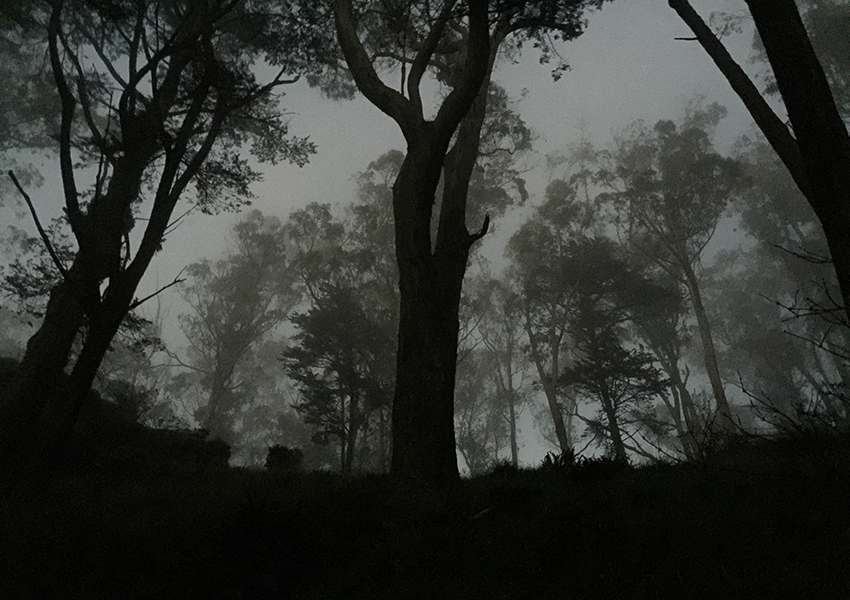I am feeding regret into the shredder
Left at the Ruin,
now available from
Terrapin Books
Order Left at the Ruin
Read Erica Goss’ review in Sticks and Stones
“These poems, these words, are quiet fires every one.”
– Alberto Rios
“This is a book that understands poetic power lies in ambiguity and not in moral certainty, and shows us the unique power of poetic language to help us understand ourselves.”
– Mark Wunderlich
“With powerful emotional concision, she explores, unabashedly, what it means to live.”
– Andrea Hollander
From the Book
Books
The Day You Miss Your Exit
The Gift That Arrives Broken
Winner of the 2010 Autumn House Poetry Prize
Things That Burn
Winner of the 2004 Agha Shahid Ali Poetry Prize, University of Utah
The Mythologies of Danger
Winner of the 1997 Bluestem Award and the 1998 Bay Area Book Reviewers Association Award
This is an art that is centered everywhere. It brought me closer to my own center, and it will bring you, whoever you are, closer too.
– Alicia Ostriker
Poems
Look at anything long enough to love it.
Rattle: “Women with Men”
Catamaran: “Beggar”
New Ohio Review: “Not the Wolf but the Dog”
Writer’s Almanac:
“Gin”
“Why I’m Here”
“Teaching My Husband to Swim”
“The Conductor”
Verse Daily: “Sex Ed”
Into these impossible places of inner conflict, send poetry.






